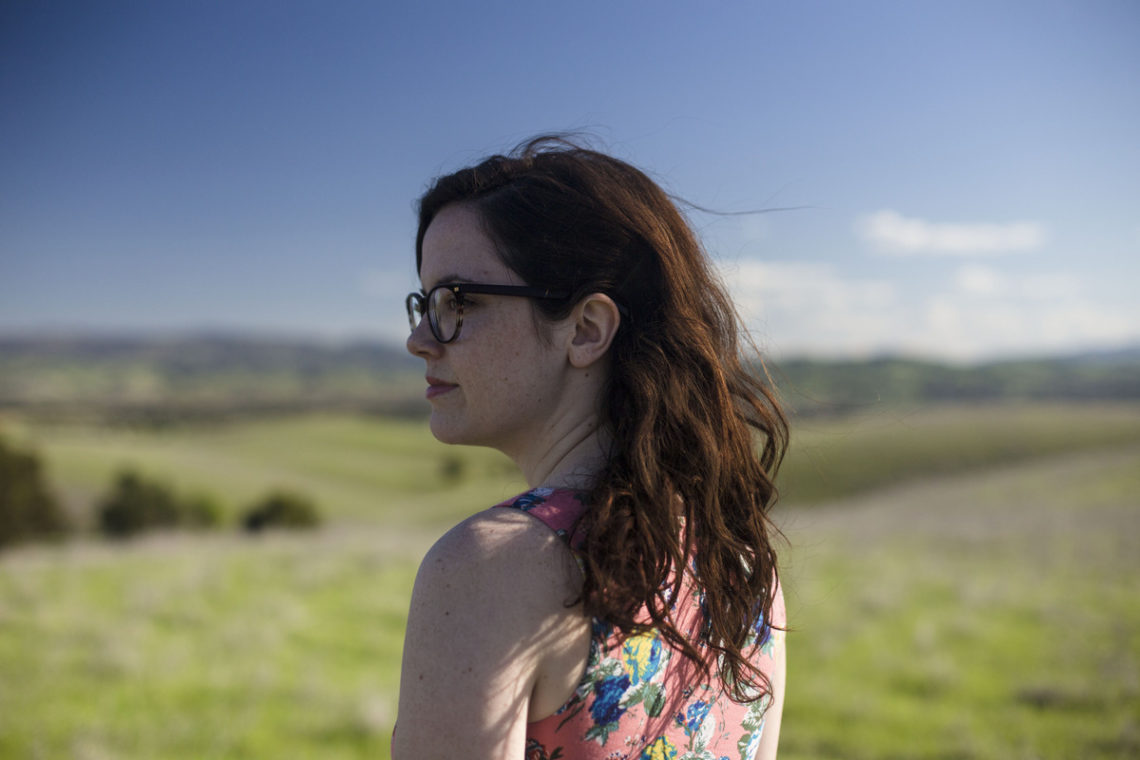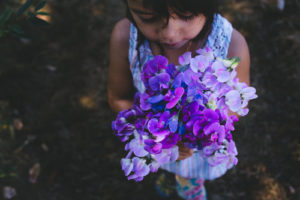
Letters to Emma #6
This is the sixth and final post in a series about grief and my experience of it after the death of my husband Paul 4½ years ago. Each post is written as a letter—a letter to Emma. I’ve done it this way for two reasons: visualising an audience of one has helped me to write about what is still a difficult subject, and Emma was the one who first asked me to consider writing something on this topic. It’s my hope and prayer that by blogging about my personal experience of death and grief, I might have eased the journey for someone else.
Hello Emma
I wasn’t sure how many of these letters I would write to you, especially since there’s so much more I could say, but it seems right to make this the final one.
I’m so grateful for your perseverance with me along the way; your willingness to read the words I needed to write has made all the difference. Thank you, dear friend. Although it’s been an exhausting process, writing to you about my experience of grief has helped me to understand even more clearly how much God has blessed me, even in the darkest days.
A lot has changed in 4½ years and the world is very different now. For our family and friends, Paul’s death was a devastating event that set off a process of change that continues today. While grief has been a natural response to this, it’s not always been a straightforward case of cause and effect for me—I’ve found that grief has been intensified by further change, but also by a lack of change. I’ll try to explain.
Although I knew I had to do it some time, it was two years before I could bring myself to sort through Paul’s clothes and belongings, before I could decide what to give away and then actually do it. They were his, so giving them away seemed outrageously disloyal and the distress each time I tried (and failed) was too much for me. The only reason I finally did it was because I had to. I had decided to sell our house so the kids and I could move somewhere smaller and, more importantly, move somewhere that didn’t make us sad.
And this is the paradox: I couldn’t relinquish Paul’s things because of their association with him, but I couldn’t stay in the home we had shared, for the very same reason. Grief meant that, at one and the same time, I avoided change and sought change. It’s complicated. But I’m learning to accept the surreal logic of grief. Of course I’ve kept some of Paul’s clothes and belongings and I have many photos to remember him by, but I now live in a home where these things are only imported memories—in a home he never knew.
Other things are clearer though. While some change has been welcome, it is the loss of something good that lies at the heart of grief and makes some kinds of change so hard to bear. The greater the good that is lost, the greater the grief.
How I miss walking through neighbourhood streets with Paul, holding his hand and telling him my heart. Time together was never easy for us to achieve—he worked long hours and travelled frequently—but it was always worth striving for. This became even more so after Paul’s first heart attack; it was time we very nearly didn’t have—God’s precious gift to us. He gave us a renewed opportunity, completely undeserved, to live together in the knowledge that each successive day comes from his gracious hand, and to appreciate the significance of this blessing.
Like so many others, on our wedding day we had promised to cherish one another as long as we both lived, and in his great kindness God granted us the joy of growing in this. By giving us more time and helping us to see that time as a fleeting gift, he helped us to treasure one another with thankful hearts, and we experienced the joy of deepening companionship, affection and love. In a world that often makes marriage hard work, this was a rare and singular privilege. And although it meant that the loss—when it came—was thus far greater for me, this shining blessing still far outweighs the pain.
Although I will never again enjoy Paul’s friendship, wisdom, humour, affection and acceptance in this life—and so many other qualities—I’m learning, with slow and uncertain steps, to walk with the Lord and depend on him for all the good I lost when Paul died. The aching dark days that seemed like they would never end, are receding gradually, as is the pain that marks significant occasions; the pain is still there, but it’s less intense now and no longer smothers me with a suffocating blanket of sorrow. The panic of forgetting still comes back to haunt me from time to time, however the guilt that was once its dogged, silent partner, now makes only intermittent appearances.
The truth is, in leading me through the darkest valley God has used all things for my good—even bereavement and grief—and he has shown me his abiding love and unfailing kindness even as I’ve struggled and failed to love and trust him. It’s often seemed as if grieving had to be squashed into small pockets of time, between urgent crises and an unending series of challenges, but as I look back at my prayer journals I can see how our heavenly Father has never left me and has given me ample evidence of his faithfulness and love.

Like a trail of delicate petals across desolate and rugged terrain, his patient answers to my feeble, inarticulate cries for help have given me the courage to keep going, as I’ve traversed the rocky ground and steep slopes, the deep ravines and bewildering undergrowth. And as I have followed the trail, collecting and treasuring each answer to prayer, I discover that I now hold in my arms a fragrant bouquet of unfading blooms—an enduring testimony to his steadfast love.
I still have questions, but some questions don’t have answers this side of heaven. In fact, some questions don’t need answers, because they are neither fatal to faith in God, nor are they a hindrance to trusting him wholeheartedly. I still bear the marks of grief and will do until the day I die, but although the scar tissue has begun to thicken and harden now, in God’s mysterious and tender ways, these marks do not make me hard, just open—to beauty and sorrow, to life and heartache, to simple joys and the suffering of others. Most of all, they mark me as one who is loved, by a Saviour whose own scars brought me to God. And I am thankful.
Just as I am thankful for you, Emma.
Featured image: Photo by Colin Mukri | Lightstock.com




